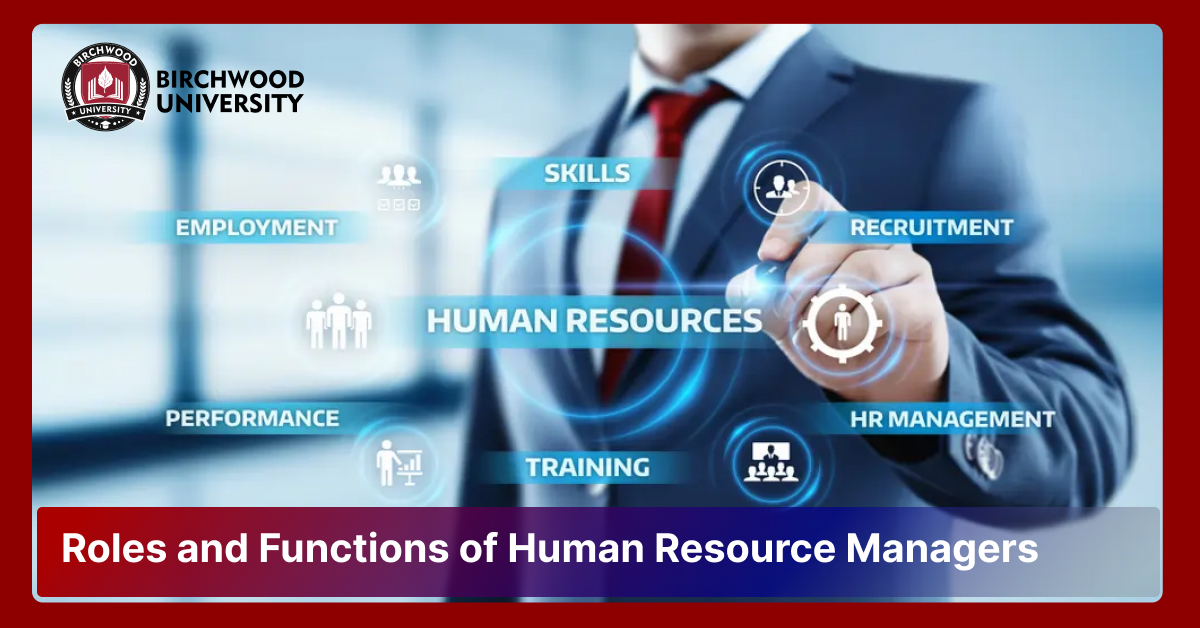How AI is Impacting Industries Worldwide?
Mar 14, 2024Artificial intelligence (AI) is no longer a futuristic dream; it's a reality that is actively reshaping every aspect of our world. Its presence across different industries is driving unprecedented transformations, revolutionizing workflows, and influencing decision-making at a global scale. This blog delves deeper into the question "How does AI impact the world globally?" and explores which industries are most impacted by AI.
Impact of AI on Industries:
The impact of AI varies significantly across industries, acting as an instrument, dissecting and reconstructing processes. Let's examine some key sectors:
Finance:
The high-stakes world of finance is accepting AI with open arms. Algorithmic trading, powered by AI's lightning-fast processing and pattern recognition, executes trades at microsecond speeds, influencing market trends and impacting global financial flows. Fraud transactions are identified and countered through AI-based security systems, supporting financial stability. However, the potential for manipulation and algorithmic biases also looms the need for robust regulatory frameworks and ethical considerations.
Retail:
AI personalizes the shopping experience by generating tailored product recommendations based on individual preferences and past purchase history. This detailed understanding of customer data, through AI, results in increased sales and brand loyalty. Chatbots powered by AI algorithms provide round-the-clock customer service, automating simple interactions and streamlining operations, creating a frictionless shopping experience. However, concerns related to data privacy and the potential for job displacement require careful consideration.
Transportation:
Self-driving vehicles, a product of AI advancements, hold the promise of revolutionizing transportation by improving safety and efficiency. Traffic flow optimization algorithms powered by AI can ease congestion and reduce travel times, while route planning based on real-time data streamlines logistics and supply chains. However, ethical considerations surrounding safety, liability, and responsible development require comprehensive addressing before widespread adoption.
Agriculture:
AI is sowing the seeds of a more sustainable and productive agricultural future. Precision agriculture, guided by AI's ability to analyze soil and weather data, optimizes resource utilization, maximizing crop yields while minimizing environmental impact. AI-powered disease detection and pest control ensure food security by identifying threats early and implementing targeted interventions. However, equitable access to these technologies and the potential for corporate control over resources warrant careful attention.
What industry is Most Impacted by AI?
Pinpointing the "most impacted" industry is inherently subjective, as AI's influence varies in degree and nature. However, some strong contenders emerge:
IT Industry:
AI is fundamentally transforming the IT industry itself. Machine learning algorithms automate tasks like network management, security threat detection, and IT service desk operations, increasing efficiency and reducing human error. AI-powered development tools like code generation and automated testing accelerate software development while improving code quality. However, these advancements raise concerns about job displacement and the need for IT professionals to upskill and adapt to stay relevant.
Manufacturing:
The sheer scale of automation driven by AI robots in this sector, while bringing undeniable benefits, necessitates significant workforce reskilling and adaptation to mitigate job displacement and ensure social equity.
Healthcare:
The immense potential of AI in diagnostics, personalized medicine, and drug discovery holds the promise of revolutionizing healthcare, but ethical considerations and data privacy concerns demand immediate and comprehensive solutions.
AI's Global Footprint:
The impact of AI transcends individual industries, casting a long shadow on the global landscape. Here are some key aspects:
Social Inequality:
Unequal access to AI technologies and the skills required to utilize them could exacerbate existing social inequalities, particularly in developing nations. Investing in education, digital literacy, and AI-focused reskilling programs is crucial to bridge the digital divide and ensure equitable participation in the AI-driven economy. International development initiatives and knowledge sharing are essential to foster global AI advancement and bridge the gap between developed and developing nations.
Economic Growth:
AI has the potential to boost global economic growth by increasing productivity, streamlining processes, and driving innovation. However, concerns regarding job displacement and the need for workforce reskilling necessitate proactive measures to ensure inclusive growth.
Global Competition:
Leading nations in AI development, such as the United States, China, and the European Union, are likely to hold an edge in global economic competition. However, fostering international collaboration and knowledge sharing is crucial to prevent widening divides and ensure that the benefits of AI extend to all nations.
Ethical Considerations:
As AI systems become more sophisticated, ethical considerations need to be addressed on a global scale. Algorithmic bias can perpetuate discrimination if not carefully designed and deployed. Issues of data privacy, algorithmic transparency, and accountability necessitate international frameworks and regulations to ensure responsible development and deployment of AI.
Environmental Impact:
While AI can contribute to sustainable development through initiatives like precision agriculture and renewable energy optimization, its potential environmental impact needs careful consideration. The energy consumption of large AI models and the environmental footprint of hardware infrastructure necessitate energy-efficient technologies and environmentally responsible practices.
Building a Responsible AI Future
As we step deeper into the AI-driven future, navigating the complexities and shaping it responsibly requires a multifaceted approach:
Investing in Research and Development:
Continued investment in responsible AI research is crucial to address ethical concerns, mitigate risks, and develop beneficial applications. Open-source initiatives and international collaboration can foster knowledge sharing and accelerate responsible AI development.
Education and Workforce Development:
Upskilling and reskilling initiatives are essential to prepare the workforce for the AI-driven future. Educational programs need to adapt to equip individuals with the skills needed to thrive in the changing job market, promoting lifelong learning and adaptability.
Responsible Governance and Regulation:
Robust legal frameworks and regulatory guidelines are essential to ensure the ethical development, deployment, and use of AI. International collaboration is crucial to establish harmonized regulations that avoid fragmentation and promote responsible innovation.
Empowering Civil Society:
Public engagement and dialogue are crucial for building trust and ensuring that AI serves the common good. Open communication, transparency, and public participation in AI policy development are essential for fostering a responsible and inclusive AI future.
Shaping the Future with AI:
AI is undoubtedly reshaping and transforming industries, economies, and societies at an unprecedented pace. While its potential benefits are vast, mitigating potential risks and fostering responsible development are essential. By acknowledging how does AI impact the world globally, and addressing ethical concerns, we can utilize AI to build a more equitable, sustainable, and prosperous future for all.






